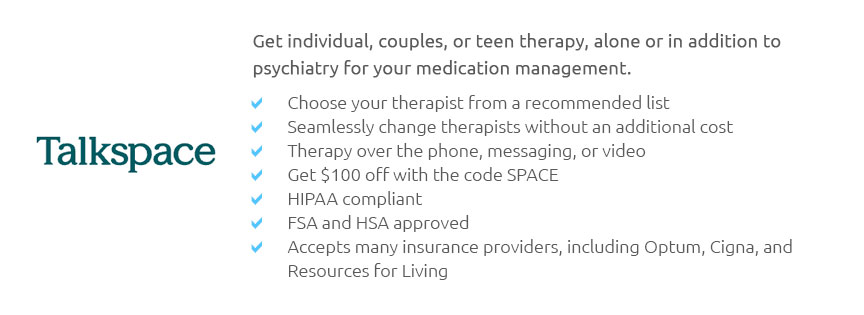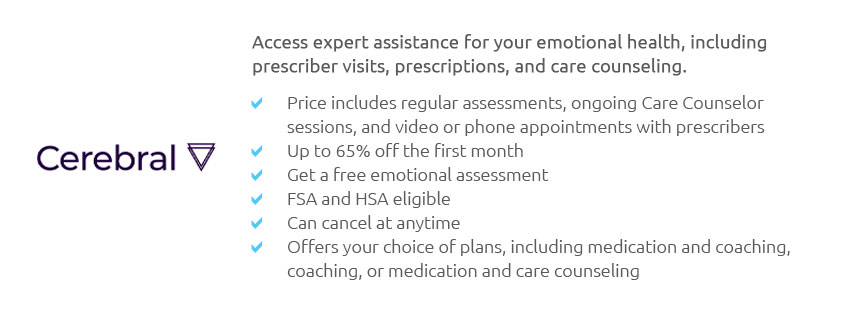 |
 |
 |
|---|
 |
 |
|---|
 |
|
|---|---|
 |
 |
 |
 |
 |
 |
 |
 |
 |
 |
 |
 |
 |
 |
 |
 |
|---|
Therapy for Loss of a Loved One: Coping and HealingUnderstanding Grief and Its ImpactLosing a loved one is one of life's most challenging experiences. Grief can manifest in various ways, affecting emotional, physical, and mental health. Emotional ReactionsCommon emotional responses include sadness, anger, guilt, and anxiety. Each person's journey is unique, and emotions may fluctuate. Physical SymptomsPhysical symptoms might include fatigue, insomnia, and changes in appetite. It's crucial to listen to your body and address these needs. Types of Therapy AvailableVarious therapeutic approaches can support individuals through grief. Selecting the right one depends on personal preference and specific needs. Cognitive Behavioral Therapy (CBT)CBT helps individuals process their loss and develop coping strategies. It focuses on changing negative thought patterns. Group TherapyGroup therapy provides a supportive environment to share experiences and connect with others facing similar challenges. For those in specific regions, seeking local therapists can be beneficial. Consider exploring therapy mechanicsburg pa for options in that area. Self-Help StrategiesIn addition to professional therapy, several self-help strategies can aid in the healing process.
FAQ Section
For more personalized support, individuals may benefit from reaching out to a therapist elizabethtown ky who can offer tailored guidance. https://www.wellabe.com/blog/grief-support/13-signs-you-should-seek-grief-counseling
In this form of therapy, you meet one-on-one with a counselor to talk about your feelings, and he or she will suggest coping strategies to help process your ... https://www.cancer.org/cancer/end-of-life-care/grief-and-loss/depression-and-complicated-grief.html
Bereavement counseling. Bereavement or grief counseling helps people cope with the loss of a loved one. It gives people a safe place to get ... https://www.mayoclinic.org/diseases-conditions/complicated-grief/diagnosis-treatment/drc-20360389
Hold imagined conversations with your loved one and retell the circumstances of the death to help you become less distressed by images and ...
|
|---|